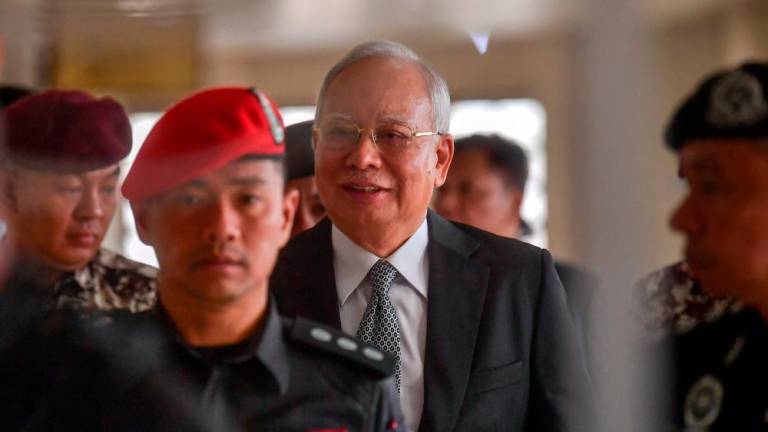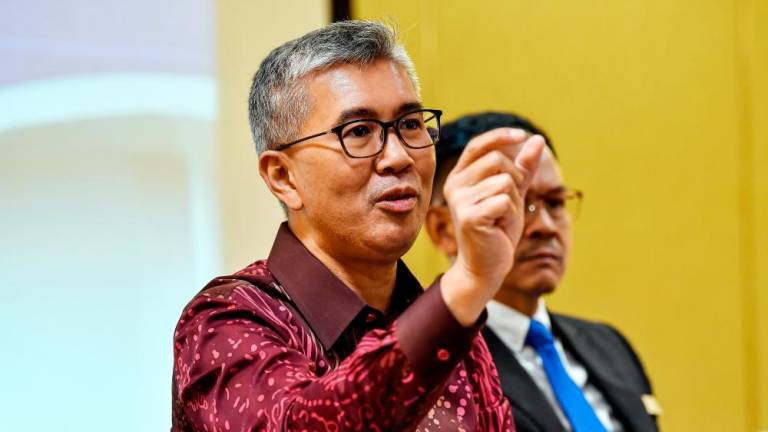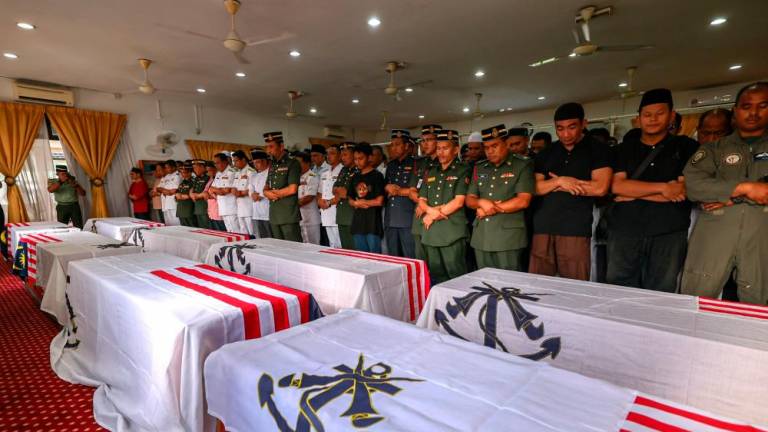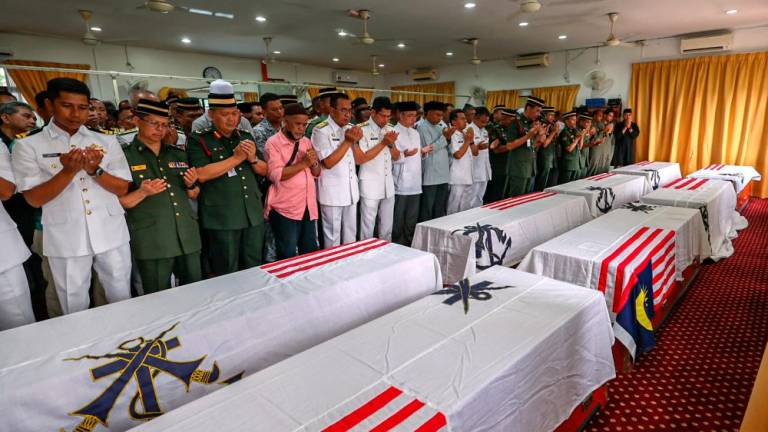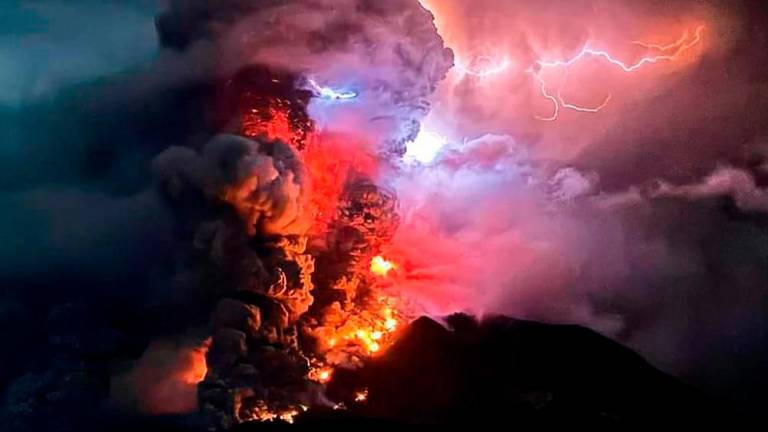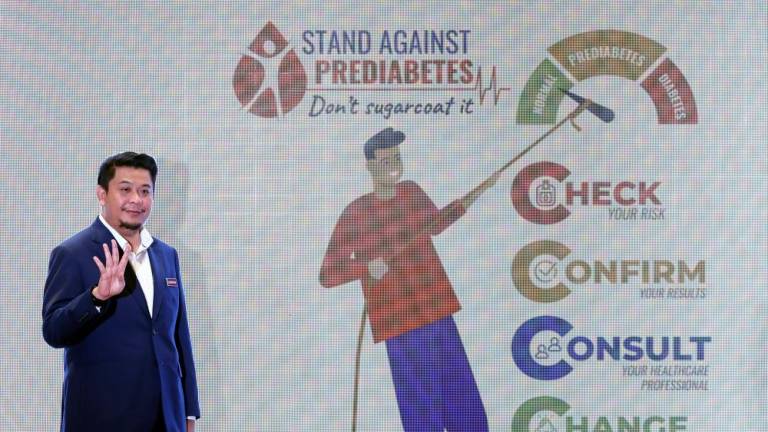IN sync with what I wrote on technology used for enforcement, I hope that the 2019 Budget looks into using cameras to enforce laws.
Let’s start with traffic enforcement. Having a network of high-definition closed-circuit cameras will allow authorities to enforce traffic rules.
From speed fiends to vehicles belching emissions beyond safety limits, littering, beating red lights and not having a valid road tax sticker; enforcement agencies can use technology to handle all of these and also combat corruption as there is no opportunity for errant motorists to “kowtim” summonses at the scene of the offence.
The network of cameras can also be used for traffic analysis to redirect motorists on congested roads and implement congestion fees.
Case in point, if we take the data from such cameras and couple it with the promise to abolish tolls, we could do so and replace it with localised congestion fees based on traffic during rush hour.
In this case, let us say Kuala Lumpur City Centre has an average traffic load of 2.5 million vehicles a day. Setting a standard where it costs RM20 a day for any car to drive into the area due to the availability of public transport, it would set the standard for other local councils to follow.
Yes, you read right, each local council would have their own congestion fee, whether it be Klang, Petaling Jaya, Shah Alam or even Penang Island. This would end the tolls but it would also ensure that the roads are paid for by motorists – and of course, trickle down in the ride-sharing economy.
This revenue would then be channelled to the federal government and local councils, provided we can sort out who owns and manages the roads.
The indirect result of these would make law enforcement more efficient, resulting in higher federal and local government revenue, lower corruption, and frankly – probably enough to turn off most errant drivers who speed in front of schools and residential areas with 30km/h speed limits. Yes, I am urging the government to enforce this using cameras rather than expect speedbumps to work.
Second, and this is obviously on public transport, we need to end the security theatre of having an associate police officer from Prasarana take the train for just one stop and think their job is done.
I am sure whoever is managing public transport has been to London at least, so if you need to have a security theatre, you should do it right – have a card and coin reader and check each passenger on the train, at least.
At the same time, KTM Komuter needs to up their game with their drivers – again, I think they need a study trip to London to look at how the Transport for London staff deal with rush hours and even make announcements at stations and on the trains.
Now on to another issue – all local councils should close their parking lots. It is a waste of land, better used to develop public facilities rather than left vacant for cars to bake in the sun or rust in the rain.
It would also mean the government gets to extract revenue from towing cars away for those either lazy, cheap, or desperate enough to simply park their car wherever they like and share transport either by taking a train, bus or car to malls regardless of their social status.
All of this would mean a lot of pressure to improve our public transport infrastructure. There is really no need for three bus companies – the Selangor Free Bus, RapidKL and MRT Buses – to handle each and every route in the greater Kuala Lumpur area. Centralise this into one entity and make it work at 5-minute intervals.
Finally, comes action and political will. This is a question that needs to be levelled at all Malaysians.
Public transport means sacrificing privacy, comfort, and time to save more in terms of cash and the environment. But most of all, it would mean you are taking away that ability to venture everywhere and putting that pressure unto government with higher expectation for your ringgit.
Governments globally are moving towards closing roads to only pedestrians, converting them to public plazas. Changing parking lots into urban public farms and parks. In Korea, they removed an entire highway with 165,000 cars daily to open it up for a river and public space.
One can only hope our government has the spine to do all these and having Malaysians stop taking it for granted.
Hafidz Baharom is a public relations practitioner. Comments: letters@thesundaily.com








